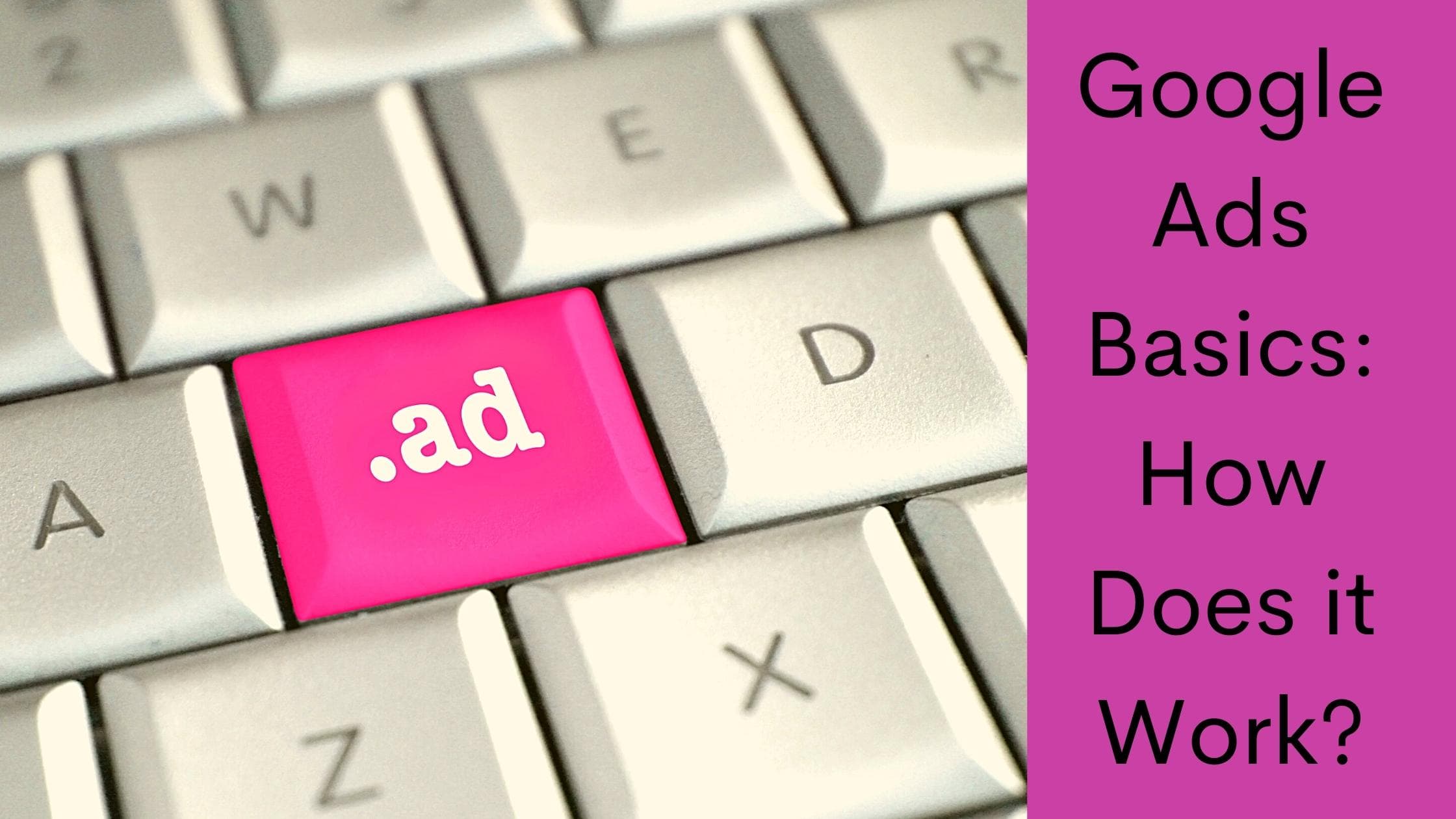Google’s advertising platform, also known as “Google Ads,” is used by millions of businesses worldwide. It’s thought to be so profitable that Google claims it may provide an 8:1 return on investment with as little as $10-$50 each day.
For any dental practice owner, understanding how to use the Google Ads platform is the first step to getting the most out of this powerful tool. We’ll also look at its advantages, and how to optimize an ad campaign.
How does it work?
Google Ads (formerly known as Ads) is a tool that allows businesses to run advertisements and reach out to people who are ready to buy. To reach as broad an audience as possible, the platform offers various ad types, including display ads, video ads, search ads, and app ads.
Advertisers can use Google Ads to target specific websites, re-market to specific audiences, run ads across several apps, and construct video ads that play before or during other related videos. In addition, app advertisements can run everywhere on the Google network, including within another app, whereas search ads appear on Google search.
Google Ads can play a significant part in marketing and expanding a brand or business online due to the numerous platforms it is possible to advertise on. This is especially true with search advertising, where keywords can be tailored to reach out directly to potential customers.
Every time your ad is clicked, you pay Google Ads. The cost-per-click is the amount you’re willing to spend for each click (CPC). You can choose a maximum bid amount. If you use the automatic option, Google will choose a bidding number within your budget for you, theoretically bringing you the most clicks possible.
Are Google Ads a good investment?
When it comes to Google Ads, some inexperienced people with the platform are surprised to learn that they will be charged every time someone clicks on their ad or does a specific action. While this is a valid issue, it’s important to remember that in Google Ads, the cost per click (CPC) and cost per action (CPA) do not define the campaign’s effectiveness or profitability.
It’s also worth remembering that if your campaign is well-optimized, you’ll be charged at a low enough rate to recoup your initial investment, plus a reasonable profit margin. Therefore, PPC campaigns that are well-optimized always generate a positive return on investment. In addition, PPC advertising is the quickest and most effective strategy to generate new business.
What is the reason for this? People who are looking for a dentist will see your adverts, and by doing so, they have taken the first step toward being identified as a lead. As a result, PPC is the most successful method of online advertising for businesses seeking rapid growth.
How to get the most out of your Google ad campaigns
- Bid on long-tailed keywords. These are more likely to attract searchers who are further down the funnel and ready to convert. They’re also less expensive than shorter keywords.
- Avoid broad match keywords. They may look inexpensive, but the traffic they generate is less likely to be relevant, and those cheap clicks rapidly add up! If regularly monitored, modified broad match phrases perform well, however launching a campaign with conventional broad match terms opens the floodgates to all traffic and is guaranteed to deplete your budget with (at best) a meager return on investment.
- Check your search terms. Ensure your keywords are as close as feasible to the searcher’s inquiry. This will help you improve your Quality Score and minimize your Cost-Per-Click (CPC). It will also provide you another chance to examine your search traffic and stop your ad from appearing in irrelevant terms or search phrases, resulting in less irrelevant clicks and expenditures.
- Use keywords in your ad copy. This demonstrates to Google that your keywords and advertisements are relevant. This can also assist you in enhancing your ad placement while also increasing your Quality Score and lowering your CPC. Those are three excellent advantages that do not necessitate a lot of work or effort on your behalf.
- Review your search keyword report regularly. Any keywords costing you money but not converting are put on hold. Also, put any keywords (regardless of cost) that aren’t converting into leads on hold and concentrate on the ones that are.
For your dental practice, Google Ads may be a perfect marketing tool. Though it will take some time to set up your advertising, you can monitor them and learn which strategies perform best for you once they are up and running. If you have questions, we’re here to help! Contact us today for a consultation.

